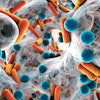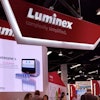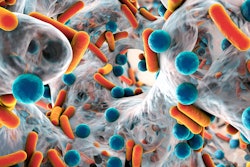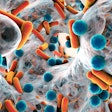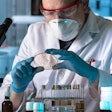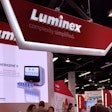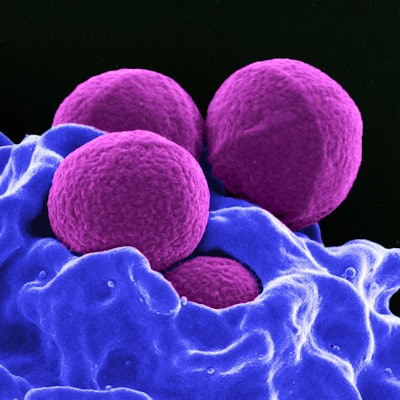
The U.S. Food and Drug Administration (FDA) has given the green light to Roche Molecular Systems to market a new test based on bacterial viability and novel technology for detecting methicillin-resistant Staphylococcus aureus (MRSA) bacterial colonization, a common cause of hospital-acquired infections.
The agency cleared the cobas vivoDx MRSA test through the de novo premarket review pathway. Along with the Roche authorization, the FDA established special controls for these types of diagnostics, including requirements related to labeling and design verification and validation to address certain risks, such as false positives. The FDA's action also creates a new regulatory classification, which means that subsequent devices of the same type with the same intended use may apply through the 510(k) pathway.
Roche's cobas vivoDx MRSA test uses a new bacteriophage technology based on bioluminescence and can detect MRSA from nasal swab samples in as few as five hours. This is much faster than conventional culturing, which can take 24 to 48 hours.
The FDA reviewed data from performance studies in which the cobas vivoDx MRSA test correctly identified MRSA in approximately 90% of samples that contained it. The test also determined that no MRSA was present in 98.6% of samples that did not have MRSA present.
The new test is intended to help prevent and control MRSA infections in healthcare settings. The diagnostic can be used to identify patients who need enhanced precautions for infection control, such as isolation and additional decolonization efforts.
